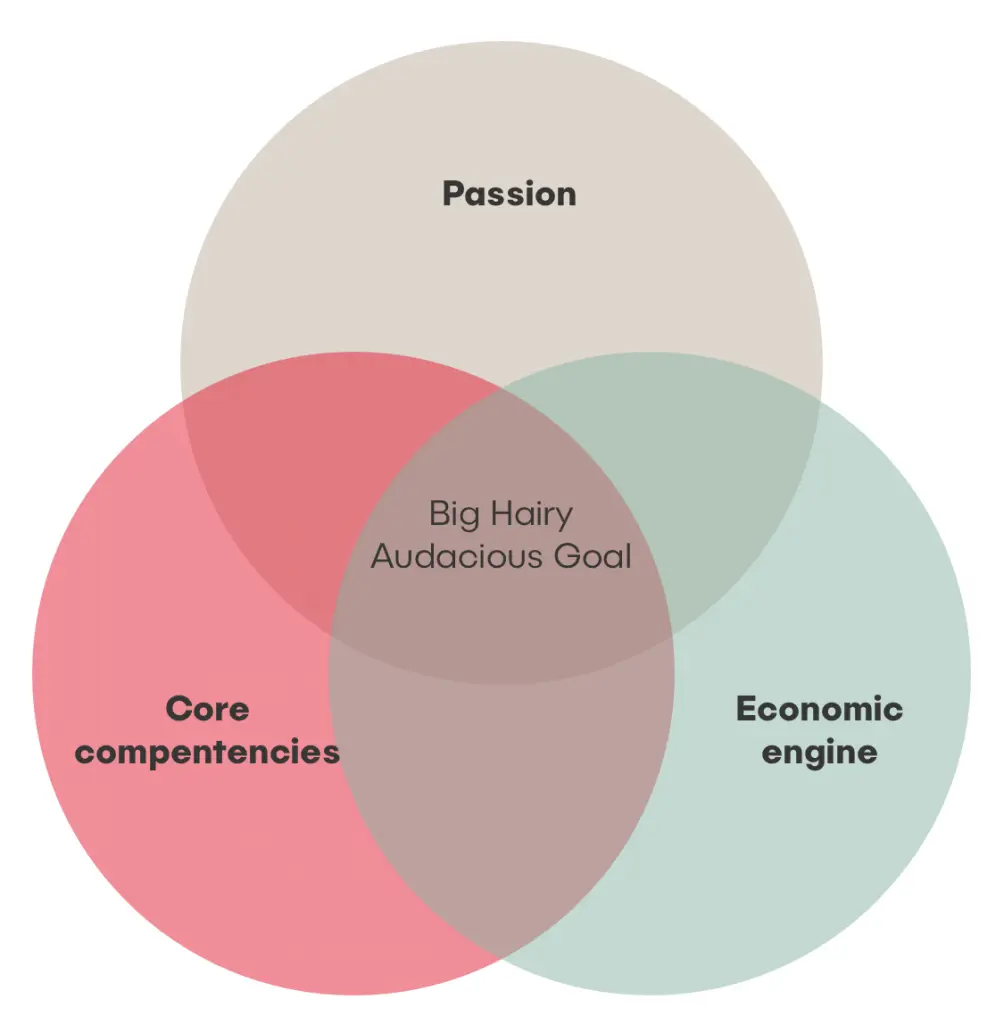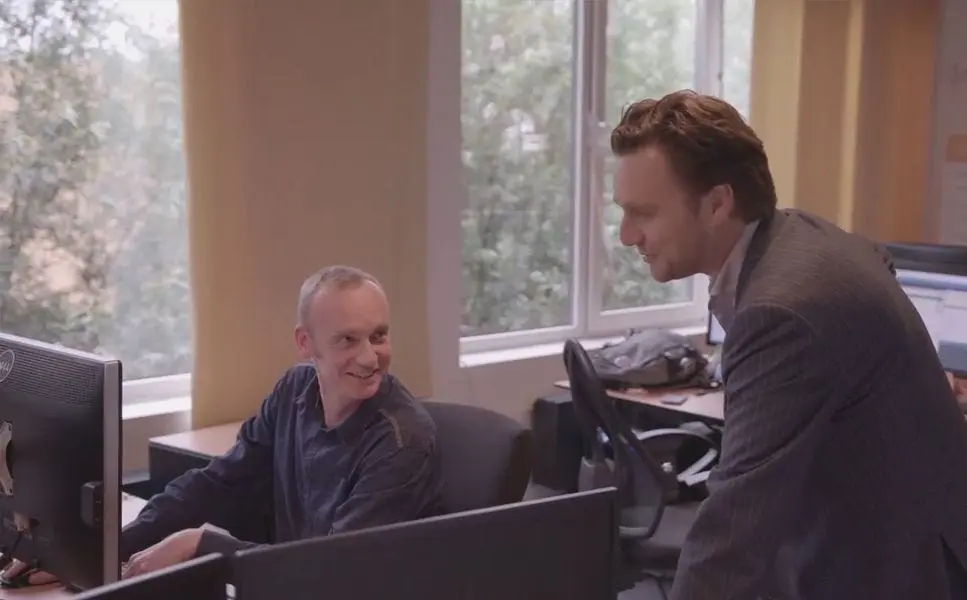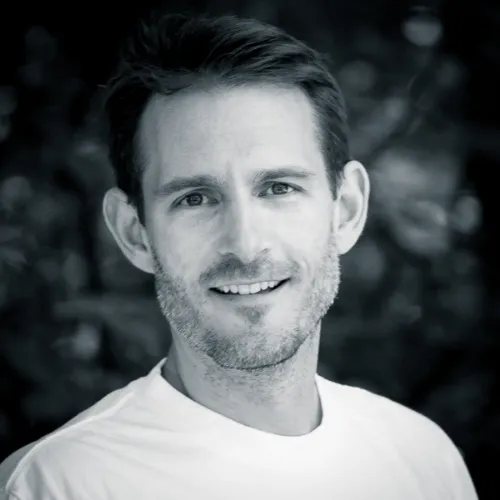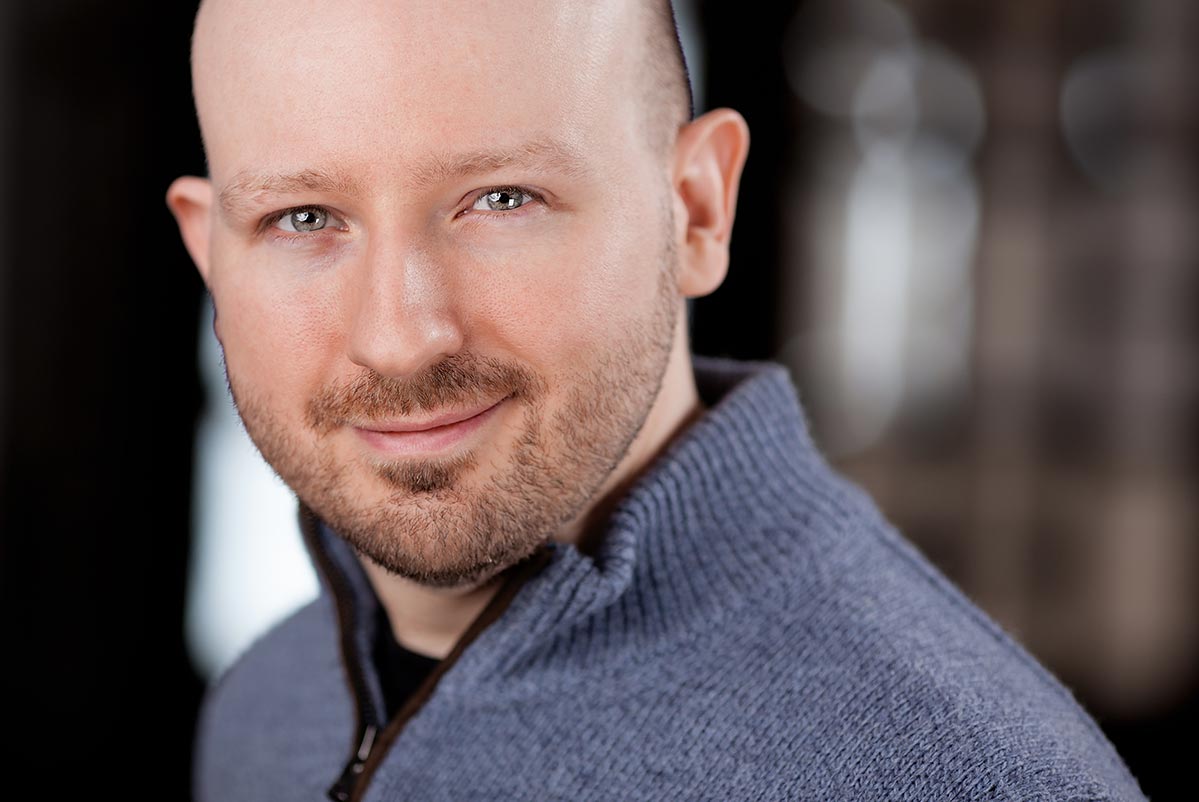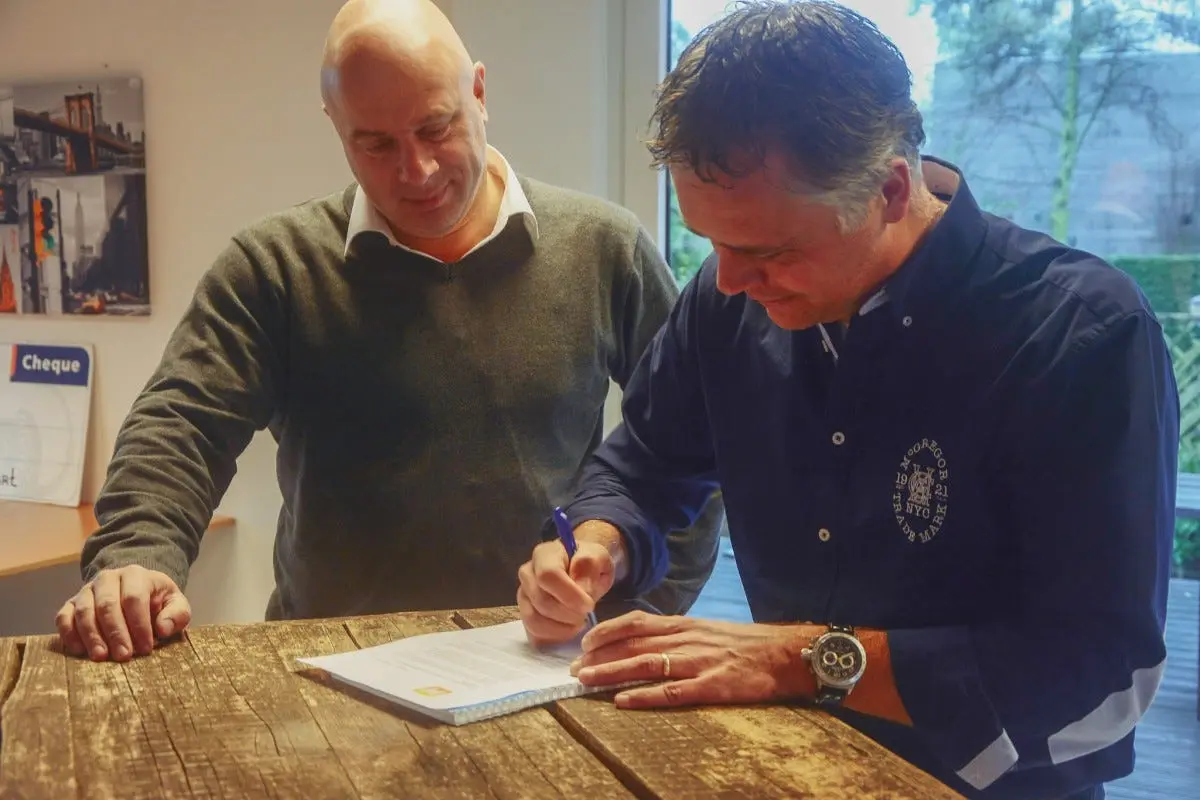
‘In the early stages of our company SmartHOTEL we realized that we didn’t want 25 employees in our office all the time. With that many people, we were no longer a start-up. But we kept behaving and organizing that way, with fast communication and an informal attitude all the time. We had to go from start-up to scale-up, but how?’ Pitrik van der Lubbe talks about his company’s struggles, choices and challenges.
SmartHOTEL creates online connections between hotels and booking sites. The company is based in Reeuwijk in the Netherlands. Pitrik van der Lubbe is co-founder and shares how the company moved from start-up to scale-up and how they used Holacracy® and Scaling Up.
Pitrik: ‘SmartHOTEL was ready to grow. Hotels were discovering how valuable our technical connections to booking sites were for them. With the increasing demand, the number of employees of SmartHOTEL also increased.
We needed support in order to go from start-up to scale-up. We found out that we couldn’t expect that support from investors, all they do is bring in money. We kept looking for support in our network. The solutions seemed scarce until Holacracy came up.’
Step 1: Work in a self-organizing manner
SmartHOTEL started to self-organize in December 2015. Pitrik van der Lubbe and Frank Zimmerman, the founders, signed the Holacracy constitution, roles were created and the 25 employees began to learn how to make decisions and shape their work.
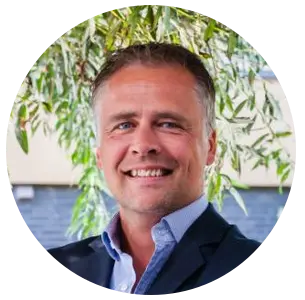
Holacracy eliminates the hierarchy of people, like you see in a traditional management structure. The management is not the boss in Holacracy; instead all roles work for the purpose that the organization has set for itself. Everything circles and roles do should contribute to that purpose. The work that roles do is made explicit in accountabilities, which create a breakdown of the purpose. This way a hierarchy of work is created instead of people.
Pitrik talks about this: ‘The Holacracy way of working was valuable, but we didn’t think it was enough for SmartHOTEL. The Rockefeller Habits were in line with our growth wish. In particular, we really latched onto the one-page strategic plan — and especially the hedgehog concept — as a supplement to Holacracy.’
Step 2: Which way do we go?
One month after signing the Holacracy constitution, Pitrik and Frank started the Scaling Up program of Scaleup Company with Pieter van Osch. Scaling Up is based on the Rockefeller Habits and is a growth formula for companies, developed by Verne Harnish. This growth formula focuses on the four major decisions every company must get right: people, strategy, execution, and cash.
‘With Holacracy we can run really fast, but we still need someone who says, “We’re running that way”. Holacracy is a tool, so you have to use it to create something beautiful yourself. In terms of content, it provides no direction. Scaling Up makes you think more about your reason to exist.’
Holacracy and Scaling Up
Pieter van Osch is the owner of Scale-up Company which provides Scaling Up training in the Netherlands. He supported SmartHOTEL. As an expert has seen several organizations use both Scaling Up and Holacracy: ‘Scaling Up is “top down”. Based on a clear vision, leaders set out success pillars, three-year goals, annual goals and quarterly goals. With Scaling Up, you have a very targeted and measurable way to focus on your own purpose. Holacracy has the tools to discuss the work. The difference is that in Holacracy people in the organization decide in their own roles how they pursue those goals.
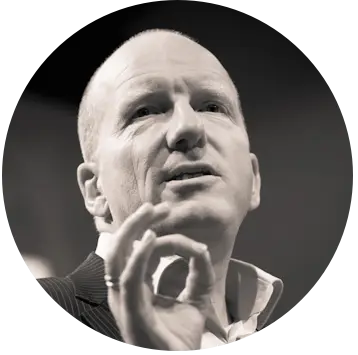
The two methodologies come together at the quarterly level. That’s when they reinforce each other. By using both methodologies, you validate whether the quarterly priorities are correct. From the mission and vision (Scaling Up), you can see whether the quarterly goals contribute. From Holacracy, you organize the work in such a way that the quarterly priorities are actually feasible.’
Big Hairy Audacious Goal: The SmartHOTEL approach
At SmartHOTEL the founders Pitrik and Frank, Quinten Gazendam who is Lead Link of the Company Circle, and Derreck Weterings are in the board.
Pitrik explains how Holacracy and Scaling Up are aligned in the organizational structure. ‘So we actually did decide top-down by first having the board decide on a Big Hairy Audacious Goal, which is a big bold, bold goal that you want to achieve in the next 10 to 15 years. Because of Holacracy, the purpose — and in this case the Goal — is broken down into pieces in circles and roles. So naturally the goal seeps through the circles to the company and ultimately to the roles.
Frank and I don’t do operational work in the company anymore. We do some coaching and strategy-setting as we keep track of how the company is moving towards the dot on the horizon. Evaluating that once a year is not enough. You have to check at least every quarter if the way things are going still aligns with reality and possibly tweak things.’
Why is this company here?
Pitrik continues his story: ‘The reason why a company exists comes from the people in the organization and the founders. You must have a good reason before you hire people. But that didn’t happen, of course. We simply started and we did our thing. And once you start hiring people, you start thinking… “Why do we exist?”.
Our purpose was — at least we thought is was — “creating the ultimate guest experience.” So we took up the responsibilities of the hoteliers. We said that if we build good links, the hoteliers are more stress-free, can spend more time on their “happy guests” and that would definitely lead to happy guests. The accompanying Big Hairy Audacious Goal was, “We want to have 500,000 happy guests.”
But that idea wasn’t received well in our own organization, certainly not by software developers. They looked at us with blank faces and wondered what we were thinking. That was a reality check.
Scaling Up is really an American program. They love emotional goals such as “happy guests”. We were totally into it. But then we explained our first goal to the people in the company and people didn’t understand at all. So we looked again at our work and asked ourselves, “what are we actually doing?” What we actually do is make connections between systems. We build interfaces between hotel reservation systems and booking sites. So we build links. Very technical and pragmatic.
We’ve made things actually very simple. “Connecting hotels to the world” is our purpose. Developers can agree with that.’
It is actually a paradox that Scaling Up and Holacracy connect. Scaling Up is very top-down. It controls the people, whereas Holacracy provides the people with frameworks within which entrepreneurship and ownership are expected from them.
Pieter van Osch
Core competencies
‘Our core competencies are our technology and the way we are organized — so also Holacracy and actually our culture. That is something we really do differently than the rest of the world and the competitors.’
The economic engine was a challenge
‘We have worked on deciding what our economic engine is for a long time. The economic engine is the wheel to turn so that the company makes more profit. It is the profit per X, or the profit per something. But then what is that something? When our goal was “happy guests”, nothing was measurable. So back then it was certainly not possible to ascertain what our economic engine was.
Now we calculate the profit per link that we build. We will only make technical connections if there is a demand, because if you work it costs money. So we had to start selling it to hotels. Sales and Customer Success have a task there. And so the organization always moves with supply and demand.
When we determined our profit per X, we discovered that our entire brokerage model was incorrect. And those are very beautiful insights. Once that figure is visible, you see that something’s wrong in what we’ve been doing for a long time. The entire pricing model was overhauled. All because we looked again.’
The combination of Scaling Up and Holacracy
‘We’ve concluded that in the past year we’ve been very focused on the internal organization. So now it’s time to focus again on the outside world and the customers.
We really needed both Holacracy and Scaling Up in the entire process from start-up to scale-up. I can tell the 25 people in my office that they can make better decisions themselves. Bottom line is that the organization, framework and direction have to be clear. The framework is something we evolve with Holacracy. Scaling Up gives us the direction.’
Bottom line is that the organization, framework and direction have to be clear. The framework is something we evolve with Holacracy. Scaling Up gives us the direction.
Pitrik van der Lubbe (SmartHOTEL)
To learn more about self-management, join a community of pioneers and check out our e-learning suite → Self-Management Accelerator
